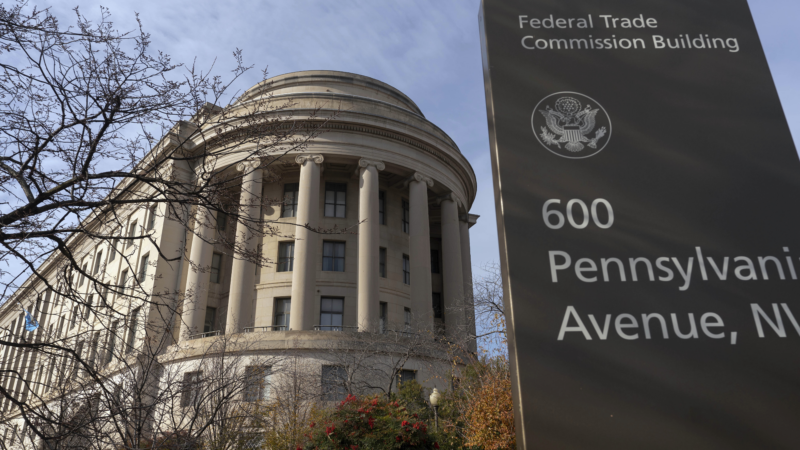FTC asks to delay Amazon trial over ‘dire’ resources, then quickly backtracks
On a a call about the government’s major lawsuit against Amazon, a federal lawyer began making startling disclosures.
The Federal Trade Commission is in a “dire resource situation,” FTC lawyer Jonathan Cohen said earlier this week, asking the federal judge to delay the trial.
Some people on the case team have resigned by accepting the DOGE team’s “Fork In the Road” offer, he said, and hiring is frozen. Agency staff have to vacate FTC offices because “something has happened” to the lease and they might move to the former USAID facilities. Their travel card limits were cut to $1. And they have to buy legal transcripts at the cheapest and slowest rate, which can mean weeks of waiting for documents to properly prepare for court deadlines.
“The agency is experiencing extremely severe resource shortfalls in terms of both money and personnel,” Cohen told U.S. District Judge John Chun in Seattle on Wednesday, according to a transcript of the call.
The case at stake is one of the FTC’s most high-profile lawsuits, against Amazon. The Biden administration had accused the retail giant of “tricking” people into paying for Prime memberships that were purposefully hard to cancel, which the company denies. The trial had been expected to start in September.
Amazon’s lawyer argued against rescheduling, saying he’d seen “no indication” of trouble at the FTC, and that lawyers change up on cases “DOGE or no DOGE.” Judge Chun asked the FTC to put the delay request in writing.
But within hours, federal lawyers reversed course.
“I was wrong,” Cohen wrote to the judge in a letter. “The Commission does not have resource constraints and we are fully prepared to litigate this case. Please be assured that the FTC will meet whatever schedule and deadlines the court sets.”
The FTC did not respond to NPR’s request for comment. But in a statement to the Associated Press, FTC Chair Andrew Ferguson also said Cohen was wrong, adding that the FTC “will commit the resources necessary for this case” and “will never back down from taking on Big Tech.”
Editor’s note: Amazon is among NPR’s recent financial supporters.
Rideshare union rights, social media limits and other state laws taking effect Jan. 1
Every new year, public media reporters across the country bring us some of the new state laws taking effect where they are. Here are six in 2026.
Guides to help you tackle your New Year’s resolutions
From building your strength to tackling credit card debt, NPR's Life Kit has a newsletter journey to help you tackle your New Year's resolution.
Guides to help you tackle your New Year’s resolutions
From building your strength to tackling credit card debt, NPR's Life Kit has a newsletter journey to help you tackle your New Year's resolution.
Dozens presumed dead in fire at Swiss Alps bar during New Year’s celebration
Dozens of people are presumed dead and about 100 injured, most of them seriously, following a fire at a Swiss Alps bar during a New Year's celebration, police said Thursday.
Warren Buffett officially retires as Berkshire Hathway’s CEO
The legendary 95-year-old investor spent decades building his company into one of the world's largest and most powerful. Now Greg Abel is taking it over.
Crypto soared in 2025 — and then crashed. Now what?
For most of 2025, cryptocurrencies such as bitcoin surged as President Trump vowed to make the U.S. a crypto leader. But now, a severe sell-off has shaken the sector.






